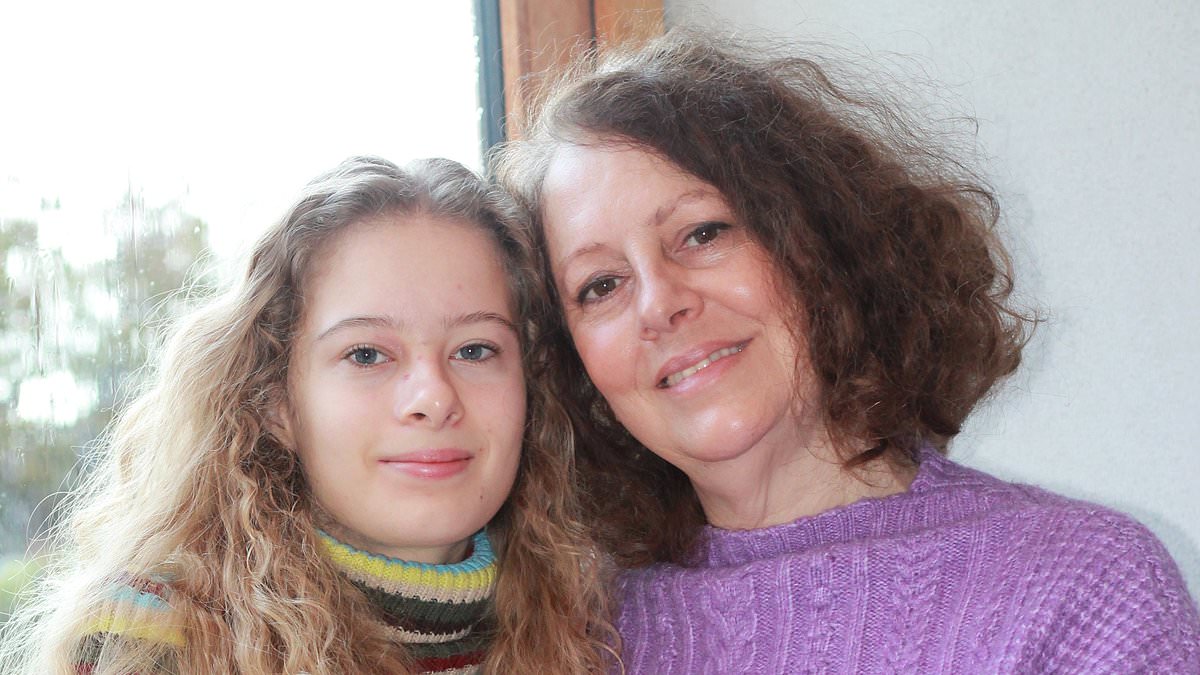
My partner doesn’t want me on the mortgage – should I be worried?
A power imbalance in your relationship could spell trouble for the future. It’s time to have an honest conversation
My partner bought a house last year which I now live in, but we don’t share a thing and I am starting to wonder if this is normal.
I am in my 20s with a good career, and I rented from when I went to university until my partner bought the house without me. I didn’t move in straight away because I understood the risks, and we agreed I wouldn’t have my name on anything. Eventually I decided I would give it a go as the natural next step in our six-year relationship. It has enabled me to save up more than before, however I pay 100% of the bills and it is starting to feel like a punishment.
I understand that he doesn’t want me on the mortgage so that I wouldn’t get a share of the house if we split up. However, this is making me equally as unwilling to pay towards things in the house apart from things that I would buy for myself anyway. I know my partner is starting to resent that, too. I am not sure if we are being over-cautious on the offchance we fall out, or whether our unwillingness to share things is a symptom of something more.
I have always split the bill for meals out and holidays – despite my partner earning three times more than me. I have always been more than happy to do that, so it’s not like I’m looking to get married and get half his money or this house.
What are you looking for? It seems to me that both of you made this move without a proper discussion and that really is at the heart of this issue. It’s one thing to blithely say you wouldn’t have your name on anything (not even the bills that you pay for?) but in practise this can, as you’re seeing, be hard to deal with – and it’s not a partnership, is it?
Sometimes moving in marks a real shift in a relationship. Discrepancies and imbalances that weren’t so obvious before, or that you could tolerate or ignore, really come to the fore. You’ve been together for six years, how did you manage difficult conversations before, or have you avoided them? By moving in together, you’ve both made yourselves a bit more vulnerable and it doesn’t sound like either of you are dealing well with that.
I consulted UKCP registered psychotherapist Michelle Briggs who also worked as an accountant and for a debt charity. “When you’re married your rights are clear, when you’re not married they’re not clear so it might be an idea to get some sort of agreement drawn up. It’s not very romantic but if you split up it can help the pain in the long run.”
Briggs said she would “encourage you to have a conversation about this and not avoid it. Alongside this, I’d like you to really think about what it is you want out of things.” Briggs also wondered why your boyfriend didn’t want to do this house purchase as a joint thing, maybe it’s just the stage you’re at?
READ RELATED: Weekend podcast: Bella Ramsey, Marina Hyde on Princess Di’s ghost, and the woman crushed by an elephant
In my experience, when two people move in together and there’s a financial or power imbalance this eventually overtakes the relationship. It’s not a good start and unlikely to have a good ending.
I would go with Briggs’s suggestion, have an honest conversation about what you both want, but also what you’re afraid of, because that too needs to be explored. Is this how you want to proceed? What happens if you have children?
after newsletter promotion
I also consulted lawyer Gary Rycroft, who said the usual rule with unmarried couples is you will not be entitled to a share of the house if you are not named on the deeds/Land Registry entries, but the waters are muddied if you do end up paying for improvements or general repairs to the property, or indeed start helping pay the mortgage. It’s less clear with bill paying as it can’t be seen as a direct contribution to the house.
Rycroft suggested asking for a cohabitation agreement (colloquially known as a “no nup”), which does have legal standing. See a solicitor who can help you draw this up so you are both clear about who gives and gets what.
I appreciate none of this sounds very romantic, but as Briggs said, neither is ending up festering and full of resentment – or homeless. However, if you can reach an agreement and you are saving money, maybe work towards buying a place of your own to give you some future security? You can always rent it out if you carry on living together.
Every week Annalisa Barbieri addresses a personal problem sent in by a reader. If you would like advice from Annalisa, please send your problem to [email protected]. Annalisa regrets she cannot enter into personal correspondence. Submissions are subject to our terms and conditions.
Comments on this piece are premoderated to ensure the discussion remains on the topics raised by the article. Please be aware that there may be a short delay in comments appearing on the site.
Source: Health & wellbeing | The Guardian





